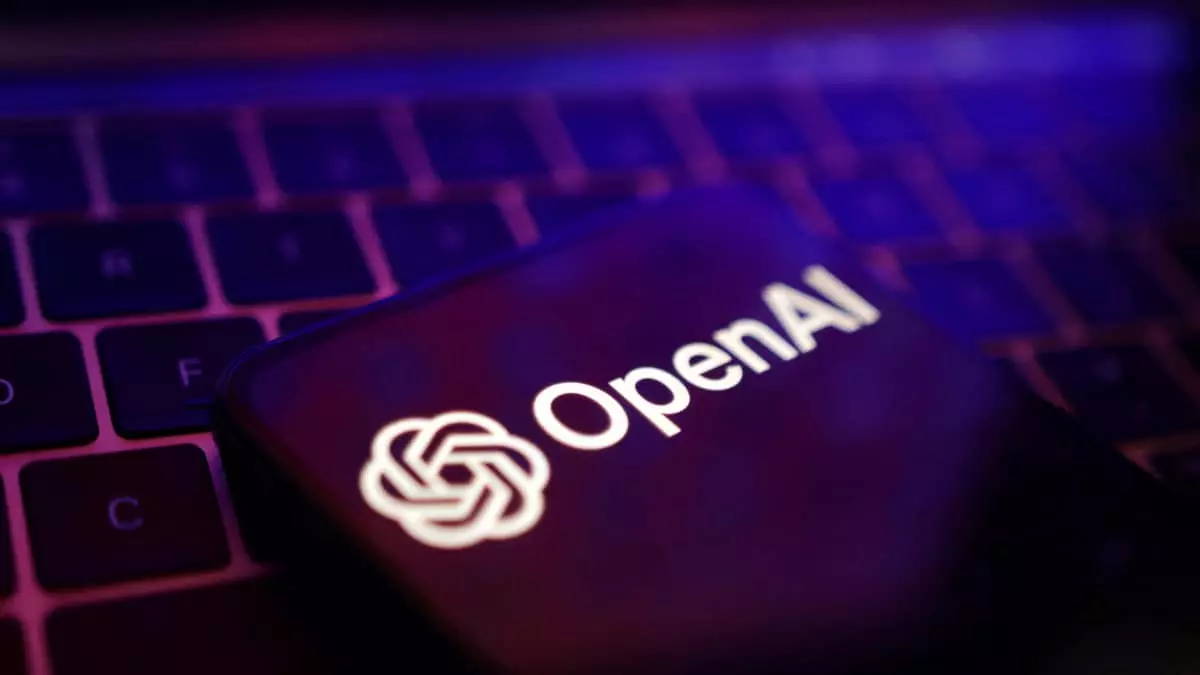In a significant development that underscores the tensions between digital innovation and traditional media rights, five prominent Canadian news organizations initiated legal proceedings against OpenAI on Friday. This lawsuit signals a growing wave of actions taken by journalists, artists, and other stakeholders in creative fields, who are increasingly concerned about the ways generative AI models leverage their work without compensation or consent.
The Allegations Against OpenAI
The five companies—Torstar, Postmedia, The Globe and Mail, The Canadian Press, and CBC/Radio-Canada—accuse OpenAI of systematically infringing upon copyright laws and breaching online usage agreements by scraping extensive amounts of their content to train its AI models. In a time when surveillance of content and intellectual property is under scrutiny, these organizations argue that OpenAI’s practices not only undermine the financial viability of journalism but also tread on the legal boundaries of intellectual property rights. They assert that OpenAI’s profit-driven motives explicitly contradict the public interest that journalism serves.
This legal clash is heightened by a recent ruling where a U.S. federal judge dismissed a lawsuit against OpenAI for allegedly misusing articles from independent news platforms Raw Story and AlterNet. This context raises questions about the judicial system’s approach to copyright disputes in the evolving landscape of AI technology. As more creators pursue legal avenues to defend their work, the outcome of these cases could significantly impact the AI industry and the practices adopted by tech firms.
The Demand for Remedies
Within their 84-page claim filed in Ontario’s superior court of justice, the Canadian plaintiffs seek both monetary damages and a permanent injunction aimed at preventing OpenAI from utilizing their content without permission. In their filing, they poignantly highlight the fundamental issue of consent, arguing that OpenAI has opted for a course of misappropriation rather than lawful engagement with the content creators. They underscore the lack of any financial compensation for the use of their works, further positioning their case within a broader argument concerning the rights of intellectual property owners in the digital age.
In response to the legal allegations, OpenAI maintains that its models are grounded in principles of fair use and utilize publicly available data. The company claims to collaborate with content publishers, offering mechanisms for attribution and links to enhance user engagement. As AI continues to evolve, this defense raises important questions regarding the ethical considerations and legal frameworks surrounding copyright in relation to modern technological practices.
The Bigger Picture: Industry Implications
This lawsuit is not an isolated incident, as the technology landscape is becoming increasingly fraught with legal challenges over intellectual property rights. Notably, Elon Musk has also expanded his legal involvement with OpenAI to include Microsoft, suggesting systemic concerns regarding monopoly practices in the generative AI sector. As the debate intensifies, the outcomes of these cases may redefine the relationship between AI entities and traditional content creators, marking a pivotal moment in the intersection of technology, law, and media integrity.
The ongoing legal confrontation between Canadian news media organizations and OpenAI exemplifies the critical balancing act required between innovation and intellectual property rights. As society grapples with these challenges, it is essential to adopt a framework that nurtures technological advancement while ensuring that the creators behind valuable content are duly recognized and compensated. The evolution of jurisprudence in this area will likely set enduring precedents for both the tech industry and the realm of creative arts in the years to come.


Leave a Reply